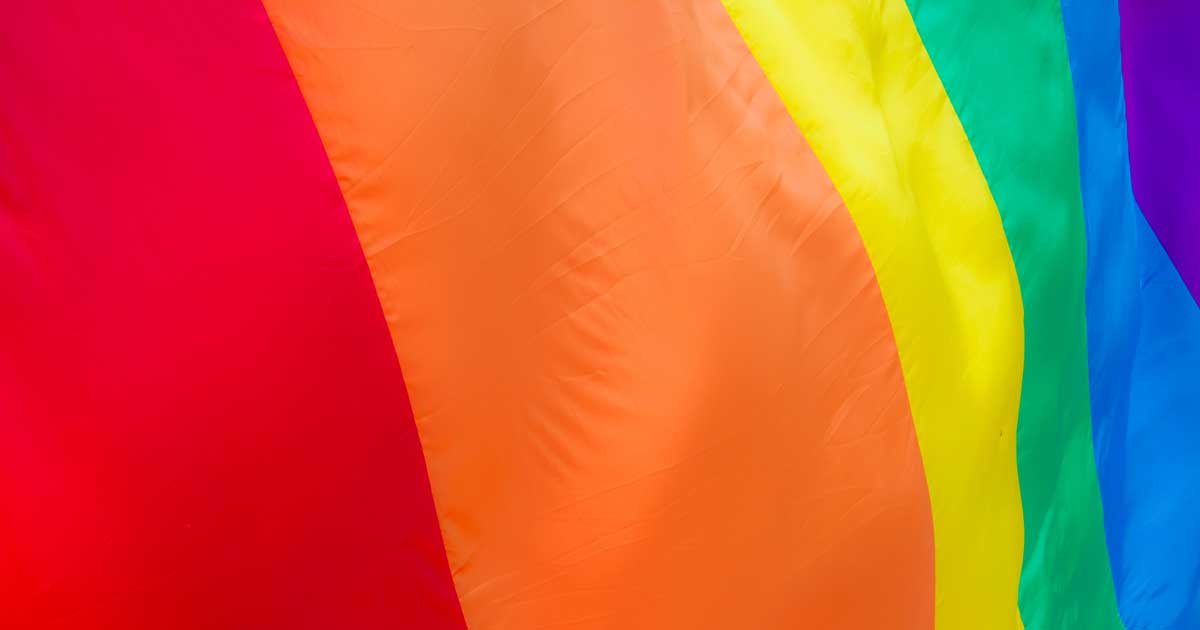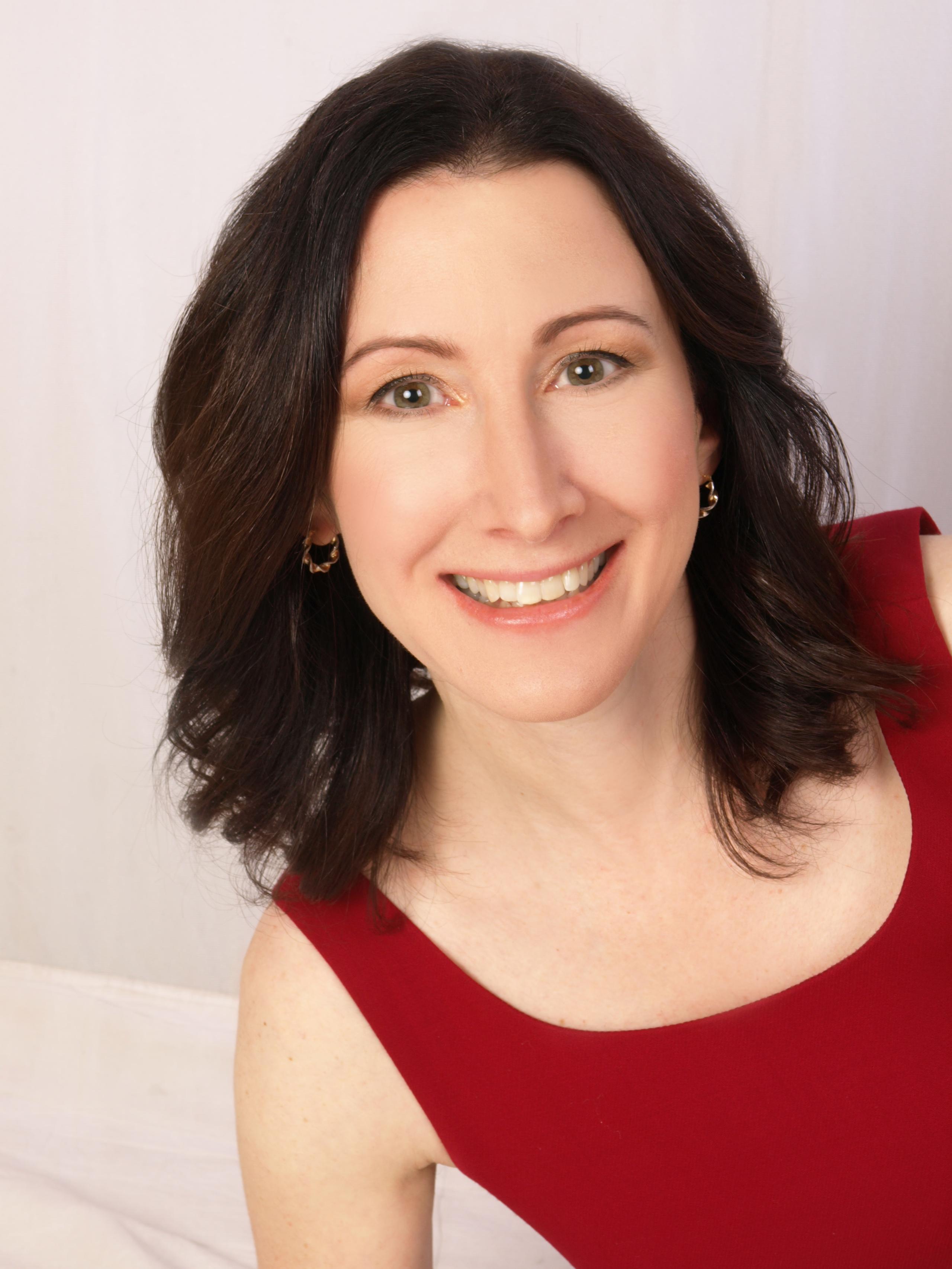When Elena Joy Thurston attended a 1,000-person conference focused on the mental health of the transgender community this past January in Boston, she was happy to see that the organizers enabled attendees to create nametags with their preferred pronouns upon registration.
“It was very easy for the conference to do,” says Thurston, a speaker and nonprofit executive based in the Phoenix area. “It really solidified the feeling of, ‘Not only do we want you here, but we want to honor who you identify as.’ It was received very well.”
At a time when many meeting organizers are putting diversity and inclusion front and center, making sure that LGBTQ+ attendees have a great experience at meetings, events and conferences is a growing priority.
“You should always strive for as much diversity as possible,” advises John Tanzella, president and CEO of the Fort Lauderdale, Fla.-based International LGBTQ+ Travel Association. “Provide diversity training for your staff and be sure this includes information related to transgender and nonbinary event participants.”
Some cities are now adding a diversity, equality and inclusion officer to underscore their commitment, notes Ann Garvey, CMP, CEM (MPI Potomac Chapter), national sales manager for VisitNorfolk in Virginia.
“Provide diversity training for your staff and be sure this includes information related to transgender and nonbinary event participants.”
“It is becoming more expected,” says Garvey, whose city has appointed one. “I think the bigger conferences want to know that is something the city can bring in.”
She finds that as a supplier, being active in LGBTQ+ community groups is another way to make a difference. She is a member of the LGBT Meeting Professionals Association, which encourages destination business members to take advantage of its Supplier Diversity Network to identify local businesses in the destination that are supportive of the goals of diversity and inclusion.
“People may want to go there and support the business—and know they will be welcome and not feel uncomfortable,” Garvey says.
Overall, Garvey has found that the meeting industry has been very welcoming since she realized that she was attracted to women four years ago.
“It’s been a really fun way to be able to see things from a completely different perspective,” she says. “Most of my life I thought I was straight.
MPI Inclusive Event Strategist Certificate Program: Put inclusion at the center of your event design and execution on June 19. Sponsored by the Greater Fort Lauderdale CVB.
“To me, that’s a real blessing. It allows me to truly put myself in someone else’s shoes, which are now my shoes, and understand how people feel when they are not the stereotype of everyone else. I find that to be an advantage.”
Public gestures of support for inclusion carry a lot of weight in the LGBTQ+ community. Seventy-one percent of respondents to the 24th annual LGBTQ Tourism & Hospitality Survey by Community Marketing & Insights—an LGBTQ-owned-and-operated market research firm in Corte Madera, Calif.—said they feel “very positive” when a hotel, airline, tour operator or other provider endorses the U.S. LGBTQ Equality Act, and 20 percent said they feel “somewhat positive.” The research was conducted in October-November 2019.
Many companies are demonstrating serious commitment. For instance, Kimpton Hotels & Restaurants, the boutique hotel chain, has become a Silver Level global partner with the International LGBTQ+ Travel Association. This means it will be positioned alongside top global tourism companies committed to year-round support of LGBTQ+ travelers. Kimpton was the first hotel company to earn a 100 percent rating from the Human Rights Campaign’s Corporate Equality Index and has maintained that score for 14 consecutive years. It also signed amicus briefs against the U.S. Defense of Marriage Act in 2013.
“Kimpton Hotels & Restaurants believe that embracing diversity makes life extraordinary and experiences more meaningful,” says Telesa Via, the company’s vice president of sales. “We’re committed to creating a culture that reflects the diversity of our hotel and restaurant guests and treats everyone with respect and fairness. We welcome and embrace people of all races, ethnicities, ages, religion, physical abilities, sexual identities, gender identities and genders as guests, employees and partners.”
“It’s never rude to ask, ‘What pronouns do you use?’”
Many of the steps that experts recommend to create a more inclusive environment are not complicated. For instance, with regard to nametags for attendees, some organizers are offering simple check boxes where guests can indicate their pronouns.
“It takes away the awkward moments and allows the real networking to happen,” says Emma Smith, a Berlin-based spokeswoman for Spacebase, a B2B booking platform for meeting rooms and event spaces.
Some meeting professionals also suggest setting an inclusive tone by changing how the hospitality team greets guests.
“Welcome friend” is always a good opener, according to Shay Urban, digital education manager and diversity and inclusion committee member for Charles River Labs, which provides preclinical and laboratory services to the pharmaceutical industry.
“If you aren’t sure of a person’s gender, you don’t have to guess,” Urban says. “It’s never rude to ask, ‘What pronouns do you use?’”
Webinar: “Gender Diversity and Inclusion at All Events”
Making sure it is easy for every attendee to use the restrooms is another easy step toward creating an inclusive environment. The Community Marketing & Insights survey found that 61 percent of LGBTQ+ travelers said they felt more positive about a hotel if it had gender-neutral or all-gender toilets.
“It removes any sort of awkwardness at the event and can be done subtly and simply,” Smith says. “That way no one thinks they are in the wrong place, without forcing anyone to go into a toilet they don’t want to go into.”
One way to make sure it’s easy for everyone to locate a gender-neutral bathroom is to change the signage, Urban says. For instance, the sign might read: “This bathroom is gender neutral. It contains two stalls and one urinal.”
“That’s a sign that as a transperson attending this conference, I don’t have to think about drinking coffee,” Urban says.
Come back to the MPI blog next Monday for part two of this report, in which we focus on inclusive marketing and outreach efforts, LGBTQ-friendly event content and diversity in event-planning teams.



